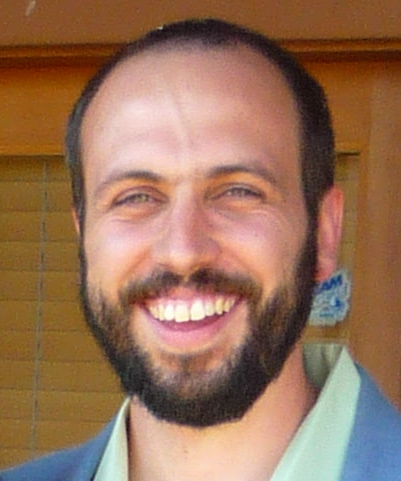
10:10 am
322 Fryklund Hall
Abstract
Competitive rowing highly values boat position and velocity data for real-time feedback during training, racing and post-training analysis. The ubiquity of smartphones with embedded position (GPS) and motion (accelerometer) sensors motivates their possible use in these tasks. In this project, we investigate the use of two real-time digital filters to achieve highly accurate but reasonably priced measures of boat speed and distance traveled. Both filters combine acceleration and location data to estimate boat distance and speed; the first using a complementary frequency response-based filter technique, the second with a Kalman filter formalism that includes adaptive, real-time estimates of effective accelerometer bias. The estimates of distance and speed from both filters were validated and compared with accurate reference data from a 10 Hz differential GPS system with better than 1 cm precision, in experiments using two subjects (an experienced club-level rower and an elite rower) in two different boats on a 300 m course. Relative to single channel (smartphone GPS only) measures of distance and speed, the complementary filter improved the accuracy and precision of boat speed, boat distance traveled, and distance per stroke by 44%, 42%, and 73%, respectively, while the Kalman filter improved the accuracy and precision of boat speed and distance per stroke by 51% and 72%, respectively. Both filters demonstrate promise as general purpose methods to substantially improve estimates of important rowing performance metrics.
Bio
Jason K. Moore is an assistant teaching professor in the Mechanical and Aerospace Engineering Department at the University of California, Davis. He leads the Laboratorium of Marvelous Mechanical Motum and teaches courses in dynamics and mechanical design. He completed postdoctoral research on the control of lower limb exoskeletons in Ton van den Bogert’s Human Motion and Control Laboratory at Cleveland State University in 2015. He received both his PhD ‘12 and MSc ‘07 under Mont Hubbard and Ron Hess on the research topic “Human Control of a Bicycle”. He is a 2008 Fulbright Scholar to the Netherlands where he worked in Arend Schwab’s Bicycle Dynamics Laboratory at Delft University of Technology. His 2004 Mechanical Engineering BSc is from Old Dominion University. He is currently active in the scientific Python computing, open science, biomechanics, vehicle dynamics, and open educational resources communities.
